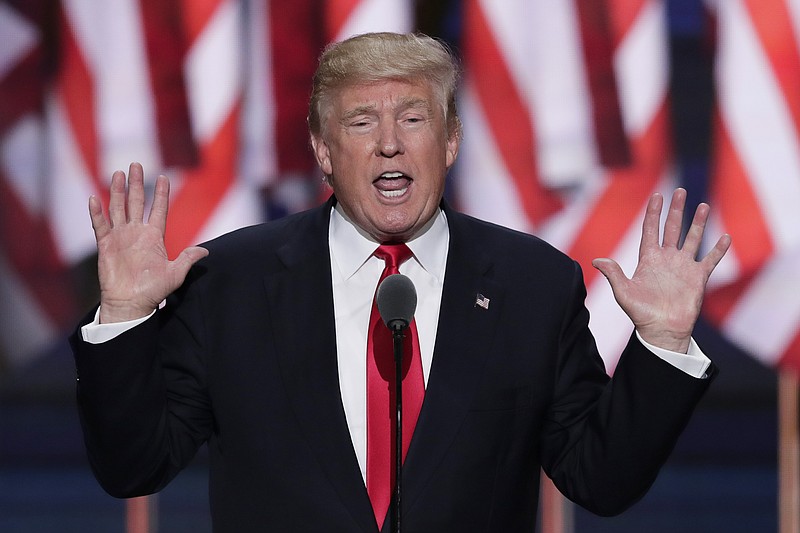WASHINGTON - After a week of relentless Republican attacks on trade deals and globalization, Treasury Secretary Jack Lew is heading to a meeting in China that he hopes will steady the global economy and ease uncertainty caused by Britain's surprise vote last month to leave the European Union.
Lew will urge the Chengdu gathering of finance ministers from the Group of 20 advanced economies to pursue strong growth policies, using all appropriate tools, to prevent any further slowing of the world economy. Arguments for austerity policies that were voiced among these ministers just three years ago have now disappeared, he said.
The meeting will be the first post-Brexit gathering of financial leaders. Lew said the United States favors a negotiated transition agreement that provides "maximum integration" between the United Kingdom and European Union economies.
This week, the International Monetary Fund lowered slightly its global growth forecast for this year, to 3.1 percent, noting that Brexit "adds downward pressure to the world economy" at a time when growth is already slow. The IMF added that a protracted, angry debate over terms for Britain's departure from the EU would further depress growth estimates, to 2.8 percent for this year and next.
Lew said the Obama administration would make "every effort" to pass the Trans-Pacific Partnership trade deal in its remaining six months in office, and he insisted that "we still have the ability to get it done," despite criticism of the pact by both parties. "We have a challenge making that argument in the current environment, where the combination of technological change and globalization makes it easier to make arguments against free trade," he conceded, but he affirmed that President Obama intends to persist.
The subtext of Lew's remarks was a steady-as-you-go message to global partners: Despite political ferment at home, epitomized by the presidential nomination of Donald Trump at the GOP convention in Cleveland this week, the United States remains a solid and reliable center of the global economy.
Lew said that a likely topic of conversation among the G-20 finance ministers will be the political quandary of how the benefits of the global economy can be shared more fairly - an issue that seems to be motivating many Trump voters in the United States and Brexit supporters in Britain. "We certainly believe there's a need to pay attention to what is driving the political tone in Europe and the United States - whether middle-class people are sharing in the benefits of growth," Lew said.
Debates about economic strategy are roiling nearly every country these days - even China. The Wall Street Journal reported Friday a highly unusual split between China's top two leaders this month in their economic advice to China's wobbly, debt-laden state-owned enterprises. President Xi Jinping favors "stronger, better, bigger" state firms, the Journal reported, while Premier Li Keqiang wants them to "slim down" and "follow market rules."
Lew will be representing a U.S. economy that by most measures is stable, healthy and growing, especially in comparison with its rivals. It's ironic that he leaves to make the case for American leadership just as the GOP, traditionally an advocate of global engagement, has completed a convention whose major theme was the need for the United States to turn inward, away from free trade and global integration, to repair alleged U.S. weakness.
Cleveland was a snapshot of the challenge for Lew and other administration officials in these next months - to reassure U.S. trading partners, worried about the political mood, that the engine of U.S. economic leadership hasn't run out of gas.
